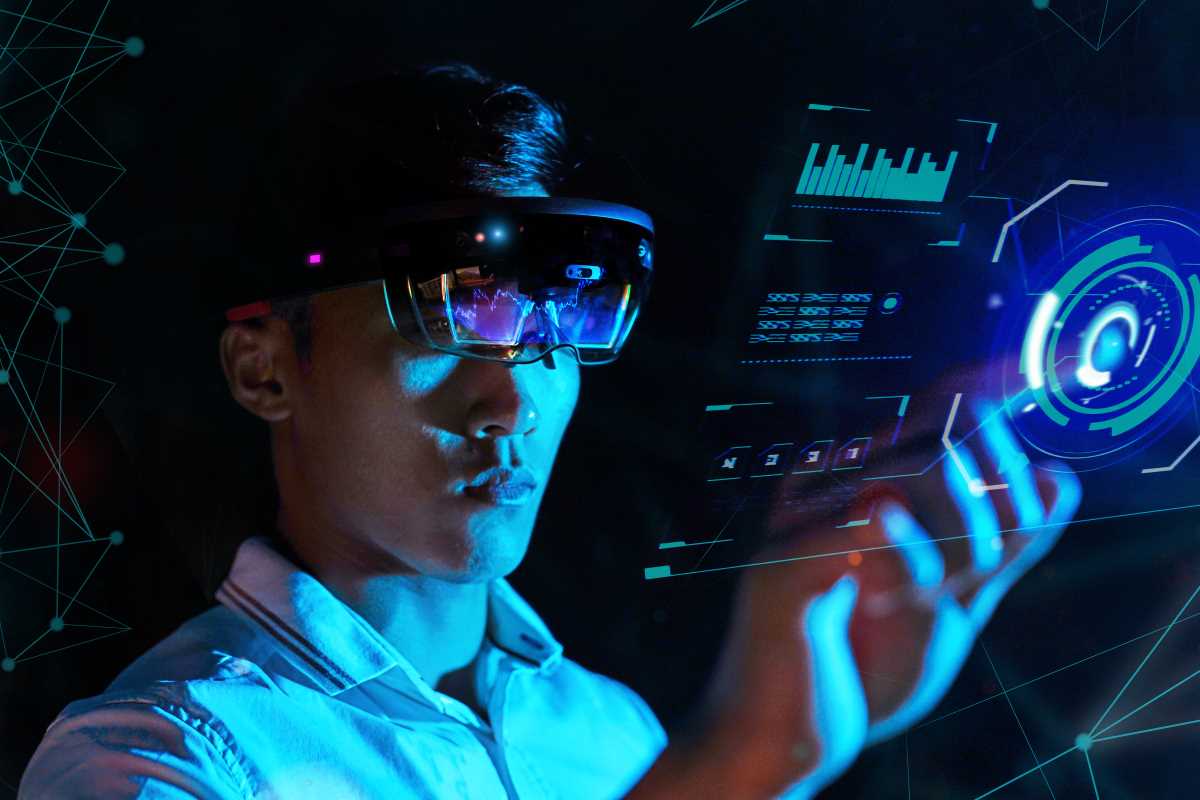Teaching has gone far beyond worksheets, chalkboards, and red pens. Today, it’s about leveraging cutting-edge technology to create dynamic, engaging, and effective educational experiences. Whether you're already tech-savvy or simply exploring a new career opportunity, pursuing a teaching degree with a focus on educational technology (EdTech) could empower you to transform learning for the next generation.
If you’re intrigued by the idea of using VR to simulate field trips, designing interactive digital lessons, or even building your own education apps, this specialized teaching track might be just what you’re looking for. Here's a comprehensive guide to what EdTech-focused teaching degrees offer, how they can shape your career, and the lasting impact they have on learning.
What is EdTech, and Why Does It Matter?
At its core, educational technology (EdTech) is the application of technology to improve teaching and learning processes. It’s not just about devices or software; it’s about innovation that supports educational goals. With EdTech, schools are moving away from a one-size-fits-all approach and toward flexible, personalized methods that make learning accessible to everyone.
Some of the most exciting trends in EdTech include:
- Gamification: Apps like Kahoot! and Quizizz add gaming elements to lessons, turning quizzes into playful competitions.
- Immersive Experiences: Virtual reality (VR) and augmented reality (AR) tools like Nearpod or Oculus Rift put students in the center of history, science, and more with lifelike simulations.
- AI-Powered Learning: Tools like DreamBox personalize lesson plans for each student based on their performance and preferences.
- Big Data in Education: Platforms like Canvas allow teachers to track and analyze student performance to guide their next instruction steps.
- Assistive Technology: Speech-to-text apps, screen readers, and language translation tools support students with diverse abilities and backgrounds.
Why does this matter? Because students today are digital natives, growing up surrounded by technology. To captivate their attention and unlock new levels of understanding, educators need to meet them where they are—with the tools and methods they already relate to.
How EdTech is Closing the Gap
EdTech is revolutionizing accessibility. High-quality educational resources that were once out of reach can now be shared with students in remote or underserved areas through online platforms. Visual learners can thrive using video tools, while students with disabilities benefit from assistive technology that personalizes how they engage with content. By combining tech with pedagogy, EdTech makes learning customizable and inclusive.
Clearly, educators who are adept at using technology have become essential. That’s where a degree in teaching with an EdTech focus prepares you to lead.
Why Pursue a Teaching Degree with an EdTech Focus?
A teaching degree that emphasizes EdTech is more than just a credential. It’s your gateway to a future where creativity, innovation, and education converge. Here are some key benefits:
1. Adapt to a Rapidly Transforming Field
The education sector is evolving quickly. Schools everywhere are integrating technology into classrooms to keep up with student needs and societal changes. By pursuing EdTech expertise, you’re proactively preparing for these changes, making yourself indispensable in an industry looking for forward-thinking educators.
Take, for instance, the shift to remote and hybrid learning during the COVID-19 pandemic. Educators who were comfortable with EdTech tools became invaluable in delivering lessons effectively, while those who struggled were left playing catch-up. Demand for tech-savvy teachers continues to grow, making this degree a smart investment in your professional future.
2. Broader Career Possibilities
With an EdTech-focused teaching degree, your opportunities are far from limited to the traditional classroom. Graduates often explore roles such as:
- Instructional Designer: Design and develop digital learning materials, from interactive videos to e-learning modules.
- EdTech Specialist: Train teachers and school staff on how to use the latest tools effectively.
- Curriculum Developer: Incorporate technology into lesson plans and align them with academic standards.
- Technology Coach: Assist educators in choosing tech resources that improve teaching strategies.
- Online Course Developer: Build and manage virtual courses for universities, businesses, or online learning platforms like Coursera.
Additionally, you can work in consulting or even join tech companies developing educational tools and apps. The balance of teaching skills and tech knowledge is sought after across industries.
3. Enhance Creativity in Teaching
For those who love being inventive, this career path provides endless opportunities to design creative and engaging lessons. Imagine creating a project where students use coding software to build their own video games, or using VR tools to bring historical events to life. With technology, teaching becomes a dynamic and exciting field where your ideas shape how students experience the world.
4. Leave a Lasting Impact
EdTech is a tool for equity. By learning how to employ it effectively, you can make education more accessible for students of all kinds, including those in underserved communities or with special needs. Whether it’s tailoring a math program to suit individual learning speeds or using voice-recognition tools for non-verbal learners, EdTech has the power to level the playing field and ensure every student has a chance to succeed.
5. Gain Transferable Skills
The skills you’ll develop in an EdTech-focused degree are highly transferable, even beyond education. Problem-solving, data analysis, software proficiency, and collaborative team-building are valuable in many professional environments. These competencies make this degree versatile and future-proof.
What to Expect in an EdTech-Focused Teaching Degree
An EdTech-focused teaching program combines theory and practice, ensuring you’re not just familiar with educational theories but also fluent in using the latest tech tools. Here’s what a typical program looks like:
Courses You’ll Encounter
- Introduction to EdTech Tools: Covers platforms like Google Classroom, Schoology, and gamified apps. You'll learn how to integrate them into lesson planning seamlessly.
- Coding for Educators: Provides basic programming skills and introduces tools like Scratch, which you can use to teach coding to your students.
- Digital Literacy and Cybersecurity in Education: Offers strategies to teach internet safety and responsible tech use to students.
- Data Analytics in Education: Shows you how to analyze student data to improve learning outcomes and fine-tune teaching methods.
- Immersive Technology: Explores AR/VR applications like CoSpaces or Oculus Rift and teaches you to design hands-on, immersive lessons.
Skills You’ll Build
- Critical Thinking: Evaluate which technologies align with your teaching objectives and solve problems in both tech and lesson design.
- Adaptability: Thrive in a fast-evolving education landscape where new tools and trends emerge constantly.
- Collaboration: Work closely with peers, administrators, and even software developers to roll out new tech initiatives.
- Leadership in Educational Change: Position yourself at the forefront of technological integration in schools and communities.
Internship or Practical Training
Many programs prioritize hands-on experiences, whether through internships in local schools or collaborative projects with EdTech firms. These opportunities bridge the gap between learning and doing, giving you real-world confidence.
How to Get Started
Here’s a roadmap for pursuing an EdTech-focused teaching degree:
- Explore Programs
- Look for schools that have a strong reputation for integrating technology into education majors. Some programs are entirely online, offering flexibility to students balancing other commitments.
- Seek Financial Support
- Check for scholarships and financial aid. Many education grants explicitly support professional development in technological innovation.
- Familiarize Yourself with EdTech Tools
- Try free platforms like Canva for Education, Scratch, or Quizizz to see how they work and inspire your creativity.
- Network with Experts
- Follow EdTech leaders on social media, attend industry webinars, or join forums to stay on top of trends and innovations.
- Get Certified
- Even before earning your degree, certifications from providers like Google for Education or Microsoft Learning improve your resume and provide immediate value in classroom tech.
 (Image via
(Image via





